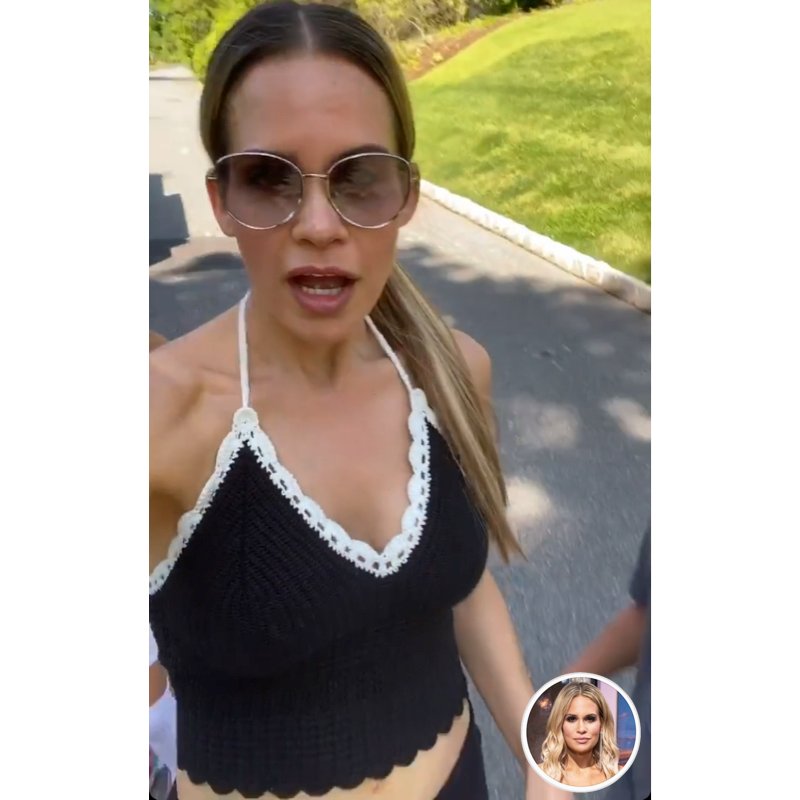
Have you ever thought, “I wish I could do that?” Write a novel, start a business or a charity, run a marathon, or live in a foreign country for a year?
Have you ever longed to create something beautiful, pursue a calling, or have a difficult but necessary conversation with a loved one?
And then do nothing at all to make it happen?
If so, join the club.
I’ve been fascinated by the craft of writing ever since I can remember. Think about this for a minute:
Someone gets an idea and records their thoughts using words, which get packaged into an electronic or printed form, somehow making its way to you and me.
Reading these words causes us to visualize all kinds of things, feel all sorts of emotions, get our own ideas, and maybe even take action of some sort. And sometimes, these words-representing-ideas come to us through a human who no longer even exists!
It’s magic.
Language has always been easy for me. They tell me I had a six-year-old’s vocabulary at age two, and my love of books and reading has become legendary.
So, given all this, you’d think I’d have been consistently crafting and sharing my written words for most of my life.
But no.
The Shadow Artist
The truth is I was a writer who didn’t write.
I was what author and teacher Julia Cameron calls a shadow artist. I was disconnected from my creativity while admiring other writers and secretly wishing I could do what they do.
While I’m grateful to have reconnected with my creative self about 15 years ago, I’ve learned that making something new and beautiful happen in your life can be scary.
Standing alone for what you believe in or truly desire can be challenging, regardless of age.
You feel so vulnerable.
And the fear of vulnerability can stop us in our tracks.
We can get stuck in what author Steven Pressfield calls Resistance – that destructive force inside us that rises whenever we consider an ambitious course of action that might do us some good. And what’s underneath Resistance is more fear.
I think we’d all agree that it’s best to call on our courage and move ahead anyway.
Because we don’t want to wake up one day and realize that 20 years have passed, and we didn’t even try to do that thing we really wanted to do.
But how do we do it? How do we face vulnerability and fear and head off into the unknown?
A few years ago, I came across a phrase I now use as an affirmation, a meaningful reminder of how I want to live and work. It’s been tremendously helpful and works in every area of life – relationships and parenting, work and livelihood, personal growth and creative pursuits.
Strong Back. Soft Front. Wild Heart.
Brené Brown, Ph.D., whispers these words to herself when she feels unsafe and worried: Strong back. Soft front. Wild heart.
Brené describes herself as a researcher and storyteller who has spent the past two decades studying courage, vulnerability, shame, and empathy.
In her book Braving the Wilderness, she describes how she learned Strong Back, Soft Front from Zen Buddhist teacher Joan Halifax.
Our Strong Back
Having a Strong Back means being brave enough to stand alone rather than being driven by what others (or our fearful selves) think.
We must get to where we love and respect ourselves so much that we won’t judge ourselves harshly or allow others to silence us. We work to maintain a sense of feeling safe, strong, and grounded in belonging to ourselves.
Our Soft Front
Having a Soft Front means staying open and present in the face of whatever discomfort occurs.
Brené defines vulnerability as uncertainty, risk, and emotional exposure. “Vulnerability is not weakness; it’s our most accurate measure of courage.”
So, we work at embracing vulnerability with courage, love, and compassion rather than approaching life with an armored front.
Our Wild Heart
Having a Wild Heart means believing in and trusting ourselves so deeply that we can share our most authentic selves with the world. It’s showing up in our vulnerability and courage, being both fierce and kind.
As Brené writes, “A wild heart is awake to the pain in the world but does not diminish its own pain. It can beat with gratitude and lean into pure joy without denying the struggle in the world. It’s not always easy or comfortable – but what makes it possible is a front made of love and a back built of courage.”
Be Gentle with Your Sweet Self
Talk to yourself like you would talk to someone you care about. Remember that suffering and feelings of inadequacy are part of the human experience – something we all go through.
One of my favorite prose poems is Desiderata, originally published in 1927 by Max Ehrmann. These words are especially encouraging:
“Beyond a wholesome discipline, be gentle with yourself. You are a child of the universe no less than the trees and the stars; you have a right to be here. And whether or not it is clear to you, no doubt the universe is unfolding as it should.”
Permission to Be Imperfect
There is no such thing as perfection. Be willing to give yourself a break and accept your weaknesses – we all have them.
Even if you struggle to find the right words and feel vulnerable, initiating a difficult conversation is better than not communicating and allowing resentment or misunderstanding to build up. The imperfect writing that gets published is better than the “perfect” piece that never leaves your computer.
Neutralize the Negative
I’ve learned that negative thoughts tend to be our default way of thinking. Psychologists call it negativity bias. It’s like our brains are VELCRO® for bad experiences.
If 10 things happen to you in a day, and nine are positive while one is negative, you probably think of the negative one the most.
Notice your negative thoughts and emotions, but don’t let them take you over. Instead, observe them with curiosity and ask what you can learn from them.
Trust Your Inner Guidance
Take some quiet time daily to listen to your inner wisdom and let that calm, clear voice guide you to your best choices.
Listening to and trusting your intuition can help you make better decisions, navigate challenging situations, and find creative solutions to problems. It can help you get your life back on track when you get blown off course.
We work at being brave enough to act on our inner guidance and live our truth, even when others don’t understand or agree – even when this makes us feel vulnerable.
Ask for Help When You Need It
As independent, strong, and competent women, we often find it hard to ask for help.
But everyone – even self-sufficient types – can benefit from support now and then. The stresses of life are easier to bear when we have encouraging people to share our joys and sorrows and offer practical assistance.
When we ask for help, our vulnerability allows us to connect and strengthen our bonds with others.
These days, instead of saying, “I wish I could do that,” or longing to create something new and beautiful in my life, I choose to show up for myself and take constructive action. When I feel the most vulnerable, I’ll whisper, “Strong back, soft front, wild heart,” and, more often than not, ask for help.
If I can do it, you can too.
Let’s Start a Conversation:
Does showing vulnerability make us appear weak? Does the fear of vulnerability stop us from building the relationships we really want? Does it stop us from pursuing our dreams? Please share a story about when you’ve overcome fear and vulnerability in your life – we could all use some encouragement.





